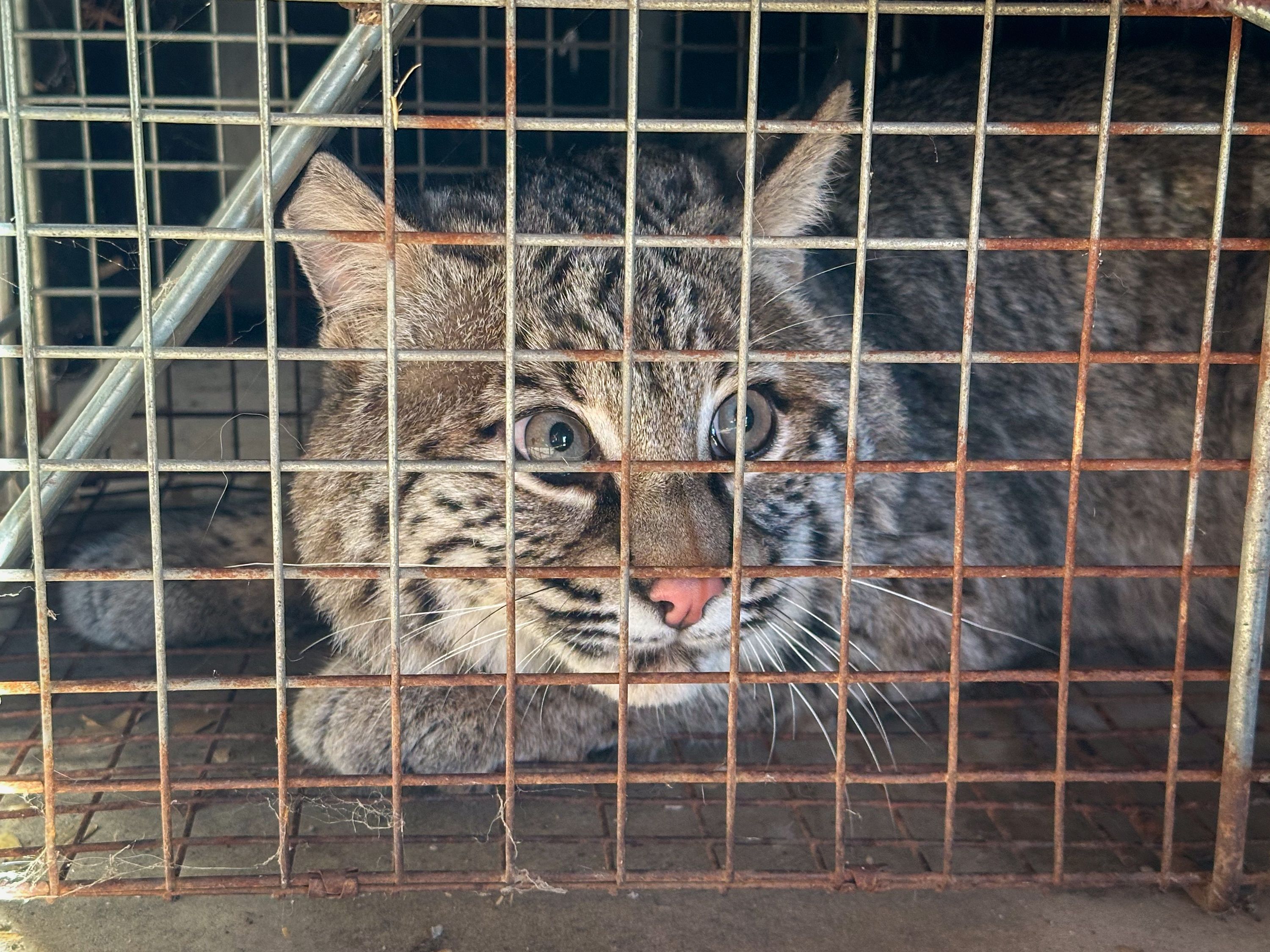Trapping and relocating wildlife often creates more problems than it solves. Animals removed from their natural habitat face high stress, difficulty finding food, and competition with existing wildlife, which can lead to injury or death. Relocation can also spread diseases to new areas and disrupt ecosystems. Furthermore, without addressing the root cause of the conflict, other animals may quickly move in, continuing the cycle. Humane, site-specific solutions are more effective and sustainable.
Top Reasons Why You Should NOT Trap & Relocate Wildlife
When you trap and relocate, someone's mother might not come home.
From early spring until late fall, chances are 50/50 that the animal you trap is a mother, whose babies depend on her for their survival. Taking a mother away from her babies condemns them to a very cruel fate - starvation and death.
It is not an effective solution.
If you remove one animal from your property, another will come to take its place.
You will never succeed in eliminating wildlife from your property.
As long as you have a source of food or shelter (e.g. accessible trash, pet food left outside, grubs in your lawn, uncapped chimney, holes in your eaves) they will come. Eliminate, fix or secure the source of your problem, and you will solve it with much less wasted effort.
Trapping is indiscriminate.
You may trap your neighbor's cat or another wild animal completely unrelated to your nuisance problem.
"Humane" traps are anything but humane.
Frequently animals do serious injury to themselves trying to escape during the hours they are confined in a live trap.
It is highly stressful to an animal to be trapped and to be relocated.
Most animals do not survive in unfamiliar territory. Resident animals will drive off the intruder, or the animal will not know where to find food or shelter, if it is even available. A recent study notes that over 90% of relocated raccoons die within a short period of time.
It's illegal in the state of Nebraska.
In Nebraska, you cannot legally relocate a wild mammal more than 100 yards from its original site. You also cannot legally relocate a reptile or amphibian more than 50 yards from its original site.
Fear, as a reason for trapping, is irrational.
Wild animals have no interest in attacking you, your pets, or your children. Their only reason for aggression is self-defense, and their first choice is always to escape the perceived danger.

